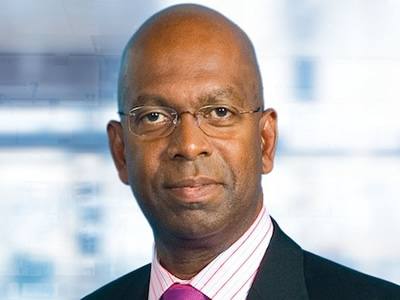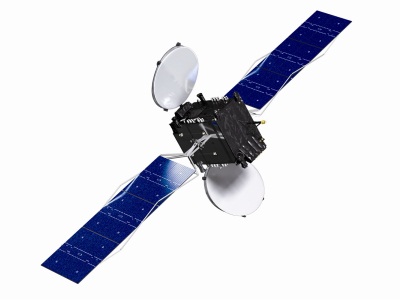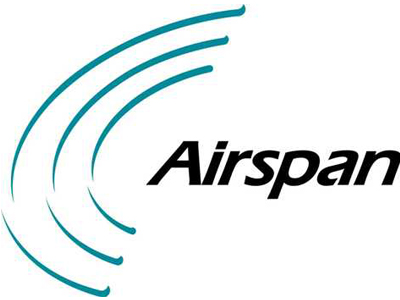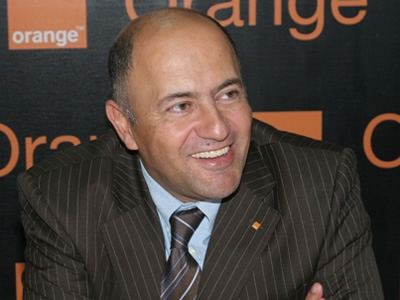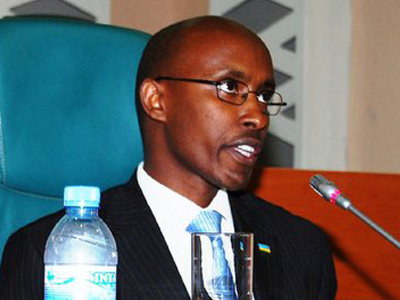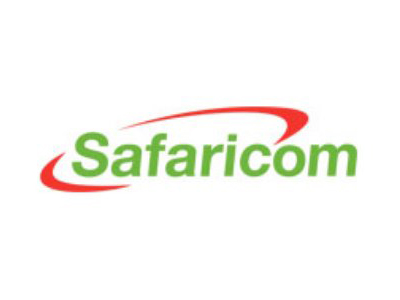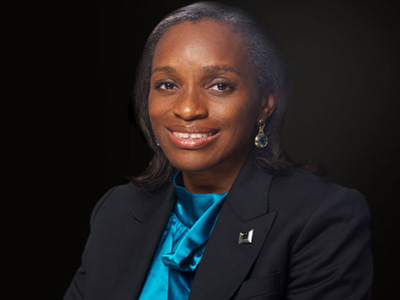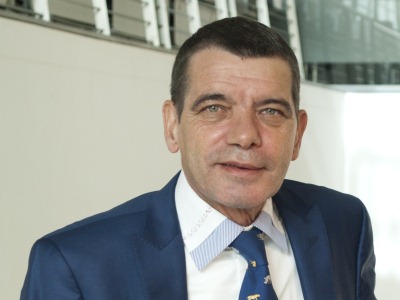Nigeria has ranked 112th position out of 142 economies according to the 11th edition of the Global Information Technology Report (2012).

Nigerian Communications Commission (NCC) offices (image: file)
Nigerian Communications Commission (NCC) offices (image: file)
The report titled “Living in a Hyper-connected World” was launched on Wednesday by the World Economic Forum. It relies on the Networked Readiness Index (NRI) to assess 142 economies worldwide, accounting for over 98 per cent of world GDP.
Several governments have already adopted the Networked Readiness Index (NRI) as a valuable tool for analyzing technology for competitiveness and development.
This has made this report the most comprehensive and authoritative international assessment of the impact of ICT on competitiveness among nations.
Sweden occupies the top spot, with South Africa in the 71st position and Nigeria coming in at the 112th position. Nigeria is followed by other African countries like Rwanda (82nd), Botswana (89th), Kenya (93rd) and Senegal (100th).
According to the report, there is a low ICT readiness in sub-Saharan Africa, with most countries lagging behind in connectivity. This is due to the insufficient development of ICT infrastructure because of its high cost.
According to Karim Sabbagh, Senior Partner and Global Head of Communication, Media and Technology Practice at Booz & Company, “policy makers today face a different environment for information and communications technology (ICT) than the one for which they designed policies. They therefore need to be aware of growth opportunities, and how they can craft policies that promote digitization.
Segun Adekoye
![]()

